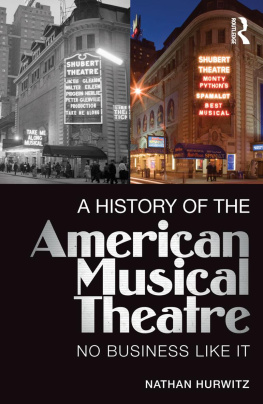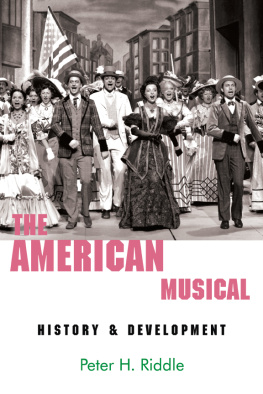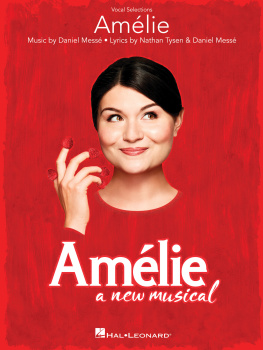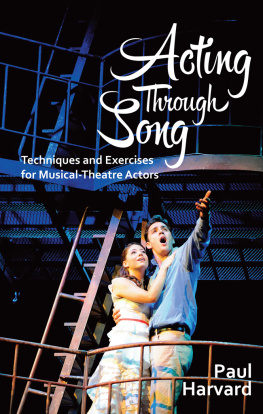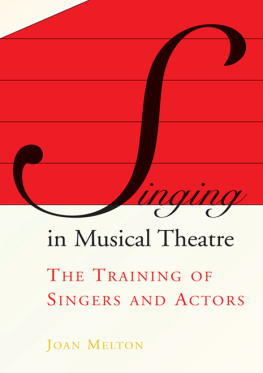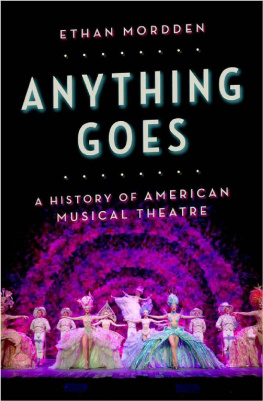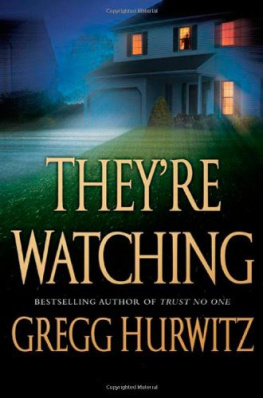A History of the American Musical Theatre
From the diverse proto-musicals of the mid-1800s, through the revues of the 1920s, the true musicals of the 1940s, the politicization of the 1960s and the mega-musicals of the 1980s, every era in American musical theatre reflected a unique set of socio-cultural factors.
Nathan Hurwitz uses these factors to explain the output of each decade in turn, showing how the most popular productions spoke directly to the audiences of the time. He explores the function of musical theatre as commerce, tying each big success to the social and economic realities in which it flourished.
This study spans from the earliest spectacles and minstrel shows to contemporary musicals such as Avenue Q and Spider-Man. It traces the trends of this most commercial of art forms from the perspective of its audiences, explaining how writers and producers strove to stay in touch with these changing moods. Each chapter deals with a specific decade, introducing the main players, the key productions and the major developments in musical theatre during that period.
Nathan Hurwitz is Assistant Professor of Musical Theatre at Rider University, USA.
A History of the American Musical Theatre
No Business Like It
Nathan Hurwitz
First published 2014
by Routledge
2 Park Square, Milton Park, Abingdon, Oxon OX14 4RN
and by Routledge
711 Third Avenue, New York, NY 10017
Routledge is an imprint of the Taylor & Francis Group, an informa business
2014 Nathan Hurwitz
The right of Nathan Hurwitz to be identified as author of this work has been asserted in accordance with sections 77 and 78 of the Copyright, Designs and Patents Act 1988.
All rights reserved. No part of this book may be reprinted or reproduced or utilised in any form or by any electronic, mechanical, or other means, now known or hereafter invented, including photocopying and recording, or in any information storage or retrieval system, without permission in writing from the publishers.
Trademark notice: Product or corporate names may be trademarks or registered trademarks, and are used only for identification and explanation without intent to infringe.
British Library Cataloguing in Publication Data
A catalogue record for this book is available from the British Library
Library of Congress Cataloguing in Publication Data
Hurwitz, Nathaniel, author.
A history of the American musical theatre / by Nathan Hurwitz.
pages cm
1. MusicalsUnited StatesHistory and criticism. I. Title.
ML1711.H87 2014
782.140973dc23
2013035068
ISBN: 978-0-415-71507-2 (hbk)
ISBN: 978-0-415-71508-9 (pbk)
ISBN: 978-1-315-85022-1 (ebk)
Typeset in Sabon
by Taylor & Francis Books
Contents
List of figures
Acknowledgements
This book, appropriately titled A History of the American Musical Theatre, is just one approach, one prism through which to view this history. My greatest debt is to my colleagues and predecessors, the scholars and historians who have written before me. Any history book can only reflect the authors perspective; but the body of histories of the American musical theatre, taken together, yields a rich and fully dimensional understanding of this history. This book is my contribution to that body of study.
I owe my parents a great debt for instilling in me a love of the arts, an insatiable curiosity and a love of books. Most importantly, I need to thank them for encouraging me to spend my life working at something I love. In addition, I have been blessed with some of the great theatre teachers of the twentieth century who have inspired in me not only a passion for the craft of the theatre, but a deep and abiding love of its history. To Stella Adler, Jack Garfien, Lehman Engel, Mel Gordon, Joseph Roach, James Coakley, Atillio Buck Favorini, Dennis Kennedy and my other teachers I offer my profound thanks for preparing me to write this book. I offer the same to my teaching colleagues at Northwestern University of Louisiana, Syracuse University and Rider University.
The rigors of academic work enhance the creativity of artistic endeavors and vice versa. For that reason I must also thank the artistic colleagues and collaborators I have engaged with over a thirty-plus year career as a musical director and director.
I can only begin to thank my wife, Dana, for her help keeping me relatively sane during the writing of this book. She balances me, and helps me find new ways of viewing things every day. For this book I must also thank Buddy for his companionship and my three step-children, Jordyn, Max and Alex for ever-broadening my perspective.
The beginning, up to the eighteenth century
In the beginning
We gather together in darkened places to share the stories of our shared humanity; to spin tales of gods and men, goodness and evil, monsters, murderers, lovers, lunatics and dreamers. We always have; it is a part of human genetic makeup.
Storytelling traces back to the cavemen around the evening fire. As they chanted, grunted, gesticulated and acted out the events of the hunt, they accompanied themselves on drums of taut animal hides and early flutes. There is comfort in gathering together to share a story of a hero (the hunter) and a villain (the prey), with thrills and adventure, fear and with pathos. Plot, characters, imitation, recognition, reversal, thought, music, lighting (spectacle) many of the elements Aristotle would later identify as the essence of the drama in these early musical enactments, these musical entertainments.
Greek theatre
Formalized Western theatre started with the Greek theatre, which flourished from 525 BC (Aeschylus birth) to 386 BC (Aristophanes death). This was the first great age of drama; it was a period of astounding dramatists writing plays that continue to resonate with audiences today. Looking back at ancient Greek theatre, it is not the actors we think of, its the three great tragic dramatists, Aeschylus, Euripides and Sophocles, and the great comic dramatist Aristophanes. Their plays are still produced and inspire new generations to study and adapt them even 2,500 years later.
The term musical theatre would have made no sense to ancient Greeks or Romans. To qualify theatre as musical would have made as much sense as qualifying fire as hot or water as wet. Theatre in ancient Greece was musical in every way that we think of the musical theatre today. Sung music, chanted and intoned passages (recitative) instrumental music, dance and other choreographed movement, spectacle, all were part of the Greek plays.
Greek dramatists used speaking, chanting and singing to evoke varying levels of dramatic and emotional intensity this range from speaking to singing was one of the tools in the dramatists palette. Greek choruses spoke, chanted or sang in unison; the power of passages spoken, chanted or sung as one voice cannot be overstated. Characters and the chorus, which would comment on the action or advise the characters, moved between speech, chanting and song. Just as today we transition from speech to song because the emotional stakes are heightened, so the Greeks shifted between speech, chanting and song. None of the music of the Greek plays has survived, nor is there an indication of who wrote the music, although it is supposed that the music was written by the playwrights, who would also frequently stage their own plays. Scholars believe that sung music was accompanied by flute, lyre and lute.


